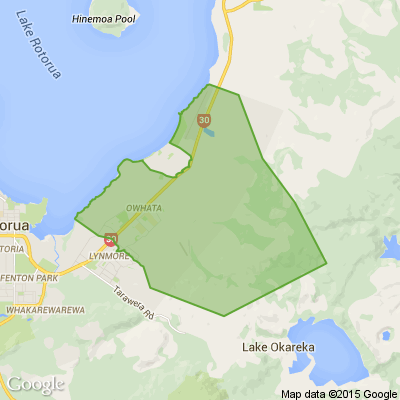re: Do you have diabetes and suffer from chronic pain in your legs or feet?
Did you know......
People suffering from high blood sugar for a substantial period (ie diabetes or diagnosed diabetes) are at a higher risk of developing neuropathy. Apart from changing sugar levels, various other factors like high blood pressure, high lipid levels, smoking, and consuming alcohol can also result in nerve damage.
A recent study conducted on diabetic patients showed that about 50-70 per cent of them developed some form of neuropathy in their lifetime. The study also pointed out that one in three diabetic patients show evidence of diabetes-related nerve damage during their first visit to the doctor. Further, nerve damage results in around 50-75 per cent of non-traumatic leg amputations.
However, this is a preventable complication. It can be controlled by monitoring the blood sugar, which, in turn, will prevent the onset or progression of nerve damage.
Diabetic neuropathy can be classified into four sub-segments:
Peripheral neuropathy
- This condition affects the nerves of the patient's toes, feet, legs, hands and arms, leading to numbness, loss of sensation and pain.
Autonomic neuropathy
- In this condition, the nerves that regulate autonomic function such as digestion, bowel and bladder function, regulation of vision, sexual response, perspiration, heart rate and blood pressure are affected. In the long run, the patient experiences symptoms like constipation, diarrohea, nausea, low appetite, dizziness, blood pressure changes and urinary incontinence.
Focal neuropathy
- Occurs in any peripheral nerve. The onset of the pain or numbness may be severe and sudden, most often in the torso, head or leg. However, it can also occur in the nerves in the eye, causing sudden vision changes.
Proximal neuropathy
- Proximal neuropathy affects nerves in the thighs, hips or buttocks causing pain or numbness. It can lead to weakness in the legs.
Prevention is better than cure
- The best way to prevent neuropathy is to keep your blood glucose levels as close to normal as possible.
Diabetes Help Tauranga, in conjunction with Foot Mechanics Tauranga is running a FREE brief foot screening clinic on Weds 13th September. If you have diabetes, come along and have your risk of neuropathy assessed. Ring our INFOLine 07 571 3422 to make an appointment now.
Read more at:economictimes.indiatimes.com...
Poll: Should the government levy industries that contribute to financial hardship?
As reported in the Post, there’s a $30 million funding gap in financial mentoring. This has led to services closing and mentors stepping in unpaid just to keep helping people in need 🪙💰🪙
One proposed solution? Small levies on industries that profit from financial hardship — like banks, casinos, and similar companies.
So we want to hear what you think:
Should the government ask these industries to contribute?

-
60% Yes, supporting people is important!
-
25.7% No, individuals should take responsibility
-
14.3% ... It is complicated
Fundraining for Bowl Cancer
Hi,
This February, I am taking part in Move your Butt for Bowel Cancer and will be conquering 200km for the 100 Kiwis who die from bowel cancer every month.
My goal is to raise funds for Bowel Cancer NZ to support patients, raise awareness and fund research to beat bowel cancer.
Please sponsor my challenge and support my efforts to save Kiwi lives.
To make a donation, simply visit my personal fundraising page below:
www.moveyourbutt.org.nz...
Thanks so much for your support.
Roydon
Poll: Could having a bigger university presence bring new opportunities and energy to the Bay of Plenty?
As reported in The Post, the University of Waikato is planting roots in Tauranga as it works on “ambitious plans” to grow its Durham St campus. The goal? To see Tauranga recognised as a true “university city.”
We want to know: Could having a bigger university presence bring new opportunities and energy to the region? We’d love to hear your thoughts!

-
57.1% Yes!
-
28.6% Nah
-
14.3% Mmm, let's wait and see









 Loading…
Loading…